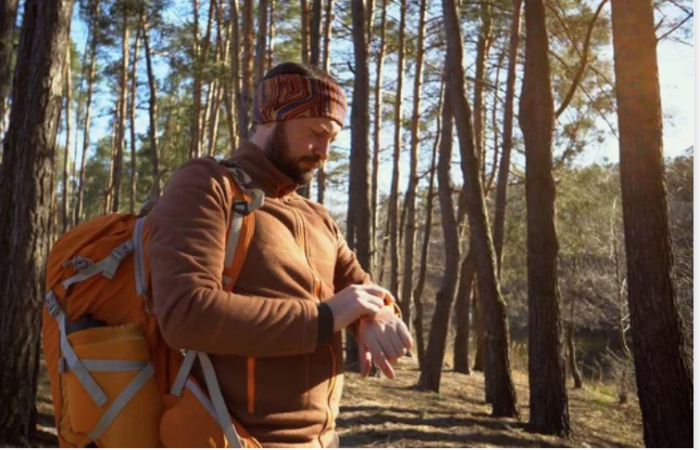
The Robber Who Had no Guns
Several years ago, on a quiet morning in the bustling town of Nkawkaw, Kwahu, a young gentleman appeared at the gates of a compound house. He was a striking figure—dust clung to his clothes, his face wore the exhaustion of a long journey, and a backpack, his sole possession, rested heavily on his shoulders.
The women of the house, a matriarchal community within the compound of Mr. Marfo, were quick to notice the stranger. With a mix of curiosity and concern, one of them approached.
“Where have you come from, young man?” the eldest wife inquired, her hands akimbo.
“I’m from Kumasi,” the man said, his voice tinged with weariness. “I heard they’re scouting for players for Okwahu United. I came to try my luck, but I’m early—about a month early—and I don’t want to risk going back home and missing the chance.”
The women exchanged glances. There was something both earnest and pitiful about him. “Well,” the second wife said, “you can’t stay on the streets. Come in.”
Thus, Nana became part of the Marfo household. The compound was lively—a bakery churned out fresh bread every morning, and the children filled the air with laughter and chatter. Nana quickly proved himself indispensable. He helped bake bread, washed clothes, fetched water, and in the evenings, he entertained the children with captivating stories of faraway places.
“He’s such a good boy,” one of the wives remarked one day. “We should have more like him around here.”
Soon, the family no longer saw Nana as a guest; he was one of them. Even the children called him “brother.”
One sunny afternoon, Doris, one of the daughters, wasn’t feeling well and decided to stay home from school. She spent the morning resting but stepped outside in the afternoon, drawn by the sound of rustling footsteps. There was Nana, standing at the compound’s edge, his backpack slung behind him and another bag in his hand.
Read Also: How Do You Love Yourself When You Don't Love Your Body
“Are you leaving?” Doris asked, her voice heavy with sadness.
Nana turned to her with a soft smile. “It’s time,” he said. “I have to go. Tell the others I’m sorry I couldn’t wait to say goodbye.”
Doris felt a lump rise in her throat but managed to wave at him as he disappeared down the dusty road.
About 30 minutes later, her older brothers returned from their quarters, their faces dark with anger.
“Where’s Nana?” one of them barked.
“What’s wrong?” a wife asked, startled.
“Our things are gone!” another brother shouted. “My shoes, my watch, even the money I kept hidden under my pillow!”
A chaotic uproar ensued. The realization hit like a storm—Nana wasn’t the hopeful footballer he claimed to be. He was a thief.
“Doris!” someone called out. “Did you see him?”
“Yes,” Doris stammered, her eyes wide with shock. “He left... he said he had to go.”
The brothers wasted no time. They dashed to the nearest station, scanning the crowds for the man who had fooled them all. But Nana was long gone, leaving only memories of his helpfulness and a trail of stolen goods.
That evening, as the family gathered to recount the events, they couldn’t help but marvel at his audacity. Nana wasn’t just a thief—he was a master of deception, his backstory so touching that even the sharpest among them never suspected a thing.
And as they locked their doors that night, the compound buzzed with one shared sentiment: Trust is a fragile thing, and Nana had shattered it with a smile.


















